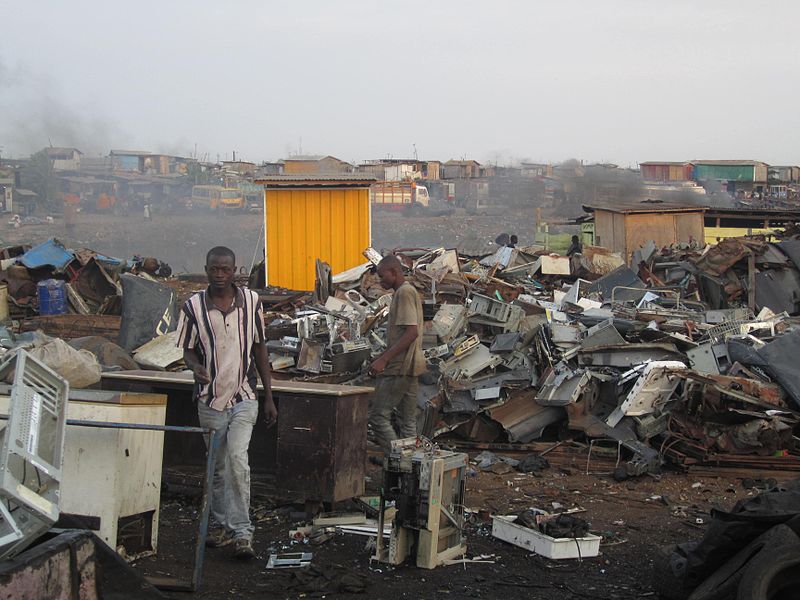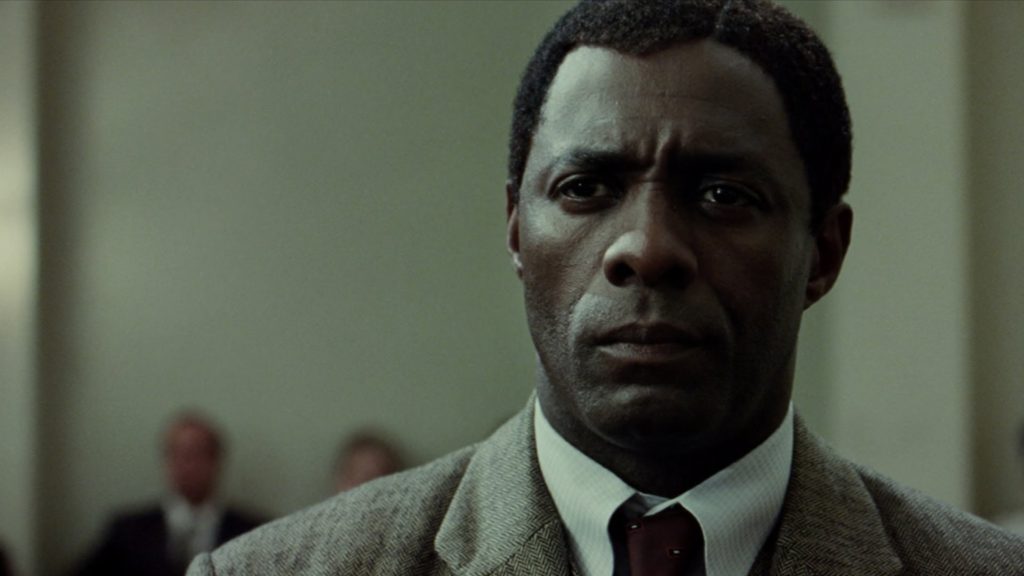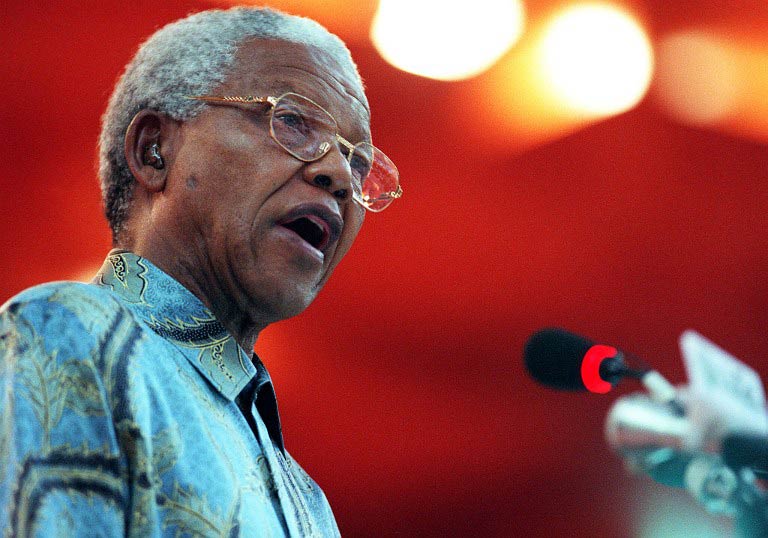Every Wednesday, Shakira Yakiti gets together with a group of at-risk girls at the Nampingunja School in the rural Mangochi district of Malawi. Their Girls Club organises home visits to girls who have dropped out of school to get married, works with teenage mothers to encourage them to return to school, interfaces with school headmasters to make sure the returning students are welcomed, and provides social support for girls facing serious challenges in a country where poverty is endemic, secondary school attendance for girls is significantly lower than for boys, and girls routinely get married and have children as teenagers.
Shakira said: “Whenever those girls come back, we sit down as a club to discuss what problems they’re facing and what problems caused them to drop out of school. Sometimes we even raise money to help them out if the problem is poverty, so they can buy soap and the like. We are always proud when we see a girl coming back to school.”
Shakira is a force of nature, slim and poised and speaking with the easy eloquence of a seasoned politician. When I met her, she was talking to a team of aid workers and visiting journalists jamming microphones in her face and jotting down her every word. She handled our questions fluidly and coherently, providing incisive answers and encouraging the members of the Girls Club to share their stories. As we left, we all agreed that her grassroots organising skills and her persuasiveness indicate a fine future in politics.
Did I mention she’s 13?
I met girls like Shakira across Malawi: bright, resilient, and working hard in their communities to make life better for women and girls. I also met girls who are hanging on by a thread, desperate to go to school but facing enormous barriers. There was Ethel, whose parents were too poor to buy soap for her to wash her clothes, let alone pay for her school uniform (the Girls Club got her soap and encouraged her to come back to school; Ethel is now enrolled).
There was Chrissa, who got pregnant as a teenager and had twins. The man who impregnated her is 21 and left her and the children for a more lucrative job in South Africa. She came back to school, despite being ostracised by some of her peers. “I don’t mind if they’ll be laughing at me”, she said. “I’m going to continue with learning.”
There was Christie, whose mother abandoned the family, leaving Christie to raise her six siblings alone and in extreme poverty. Her only way out was marriage at 14 and a child the same year. She dropped out of school after eighth grade, and wants to go back, but can’t quite find a way.
Challenges
They face barriers that are cultural as well as practical. When family income is limited, paying for a male child’s schooling can seem like a better investment than paying for a girl’s. Cultural norms promote early marriage, and a lack of access to comprehensive sexual health education and contraception means pregnancy is common among young women – nearly two-thirds of women in Malawi have given birth by their 20th birthday. Adolescent pregnancy poses serious risks to the mother and the child: 65% of fistula patients developed the condition as adolescents, and infant deaths in the first month of life are 50-100% higher when the mother is under 20 than if she’s older. Girls who get pregnant are more likely to get married, and once a girl is married she quits school.

Girls also face the practical challenges of getting to school in a country with a largely rural population. At another school in the Mangochi district, headmistress Molombo Basuro said some students walk as far as 16 km each way to a schoolhouse where there are no chairs, not enough exercise books, no electricity, a limited water supply and as many as 65 students to a class. With no boarding facilities, 32 girls who live far away currently sleep in one of the classrooms.
Seemingly simple problems become substantial barriers for girls’ education. Lack of access to soap and sanitary pads means girls miss school when they’re menstruating. No chairs make it harder to sit comfortably and focus on the lesson instead of modesty when your school uniform is a dress.
But the girls keep showing up, in large part thanks to innovative efforts led by community members and the girls themselves, funded mostly by international aid organisations. Some of the girls at Headmistress Basuro’s school have bikes, purchased by a joint United Nations program carried out by Unicef. The bikes mean the girls not only get to school faster, but safer – walking for kilometres along rural roads puts them at risk for harassment and sexual assault. Other Unicef funds go to things like soap, sanitary pads, school fees, supplies and exercise books.
Thanks to endemic corruption, though, these girls who are doing everything in their power to stay in school may see the few resources they have stretched even further, or taken away all together.
Cash Gate
The problem is a scandal called Cash Gate, where Malawian officials are accused of plundering millions of dollars in aid money from a country where 40% of the budget comes from donor funds. In response, many big Western donors are withholding aid until the Malawian government can prove that donor funds will be used appropriately. It’s a harsh decision, and not necessarily unfair – why funnel millions into a system that has proven itself to be corrupt?
And yet it’s girls like Shakira, Chrissa and Christie who will lose out.
There’s no easy solution. The Malawian government has a series of options, including allowing international auditors to evaluate the scope and depth of the corruption. Donors, though, have to make tough decisions: keep giving aid and essentially fund corrupt officials with little consequence, or pull aid with the knowledge that the ones who suffer most are the many Malawians who need basics like health care and education.
Nearly three-quarters of Malawians are extremely poor, living on less than $1.25 (US) per day. Over and over, the girls and women I spoke with emphasised that the most effective programs were the most local – the ones that were developed with leadership from girls, community members, health care providers and grassroots organisers, not outsiders parachuting in. But they need money to be implemented effectively.
The Malawian government needs to step up, and allow international auditors full access for an investigation. But donors shouldn’t throw the baby out with the bathwater. And girls like Shakira, polished and intelligent as they may be, are still children – babies deserving support and protection.
Jill Filipovic for the Guardian







